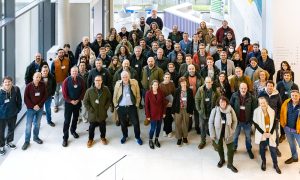
BIOcean5D targets marine biodiversity
EMBL hosts inaugural meeting for major interdisciplinary project designed to boost understanding of ocean life
CONNECTIONSLAB MATTERS2023
connectionslab-matters
Showing results out of

EMBL hosts inaugural meeting for major interdisciplinary project designed to boost understanding of ocean life
CONNECTIONSLAB MATTERS2023
connectionslab-matters
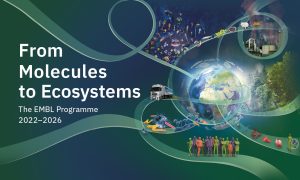
EMBL announces details about its next programme, ‘Molecules to Ecosystems’. It will guide studying life across scales and in context with changing environments.
EMBL ANNOUNCEMENTSLAB MATTERS2022
announcementsembl-announcementslab-matters

The upcoming 22nd EMBL Science & Society Conference will explore the One Health approach, which advocates for greater cross-sectoral collaboration and communication across the human-animal-environment interface.
CONNECTIONS2021
connectionsevents
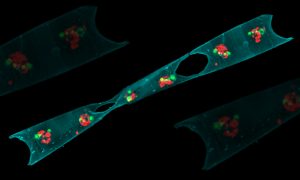
Analysis of more than 2 million images has boosted understanding of ocean microbes, shedding light on the distribution of nitrogen-fixers at a global level
SCIENCE & TECHNOLOGY2021
sciencescience-technology
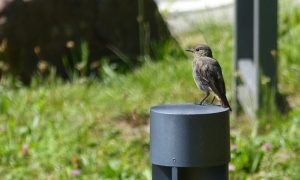
Mehdi Khadraoui, a former member of the EMBL Communications team, took this close-up of a black redstart.
LAB MATTERS2021
lab-matters

Under the innovative Planetary Biology research theme, EMBL scientists aim to understand life in the context of its environment.
SCIENCE & TECHNOLOGY2021
sciencescience-technology
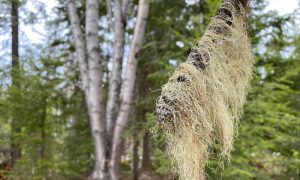
Researchers have used a metagenomics approach to piece together the genomes of yeasts found in wild lichens.
SCIENCE & TECHNOLOGY2021
sciencescience-technology
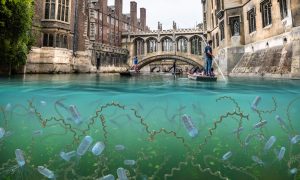
Freshwater sports can cause waterborne infections, but real-time DNA sequencing could help.
SCIENCE & TECHNOLOGY2021
sciencescience-technology
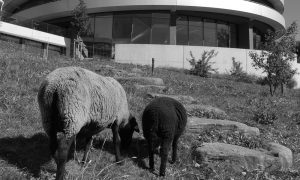
In 2012, EMBL used ecological lawn mowers to keep the grass short around the Advanced Training Centre at EMBL Heidelberg.
LAB MATTERS2020
lab-matterspicture-of-the-week
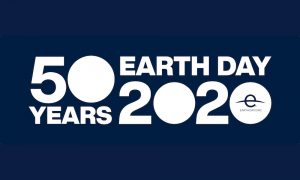
To address global challenges, we need to better understand life in the context of environmental change, says EMBL Director General Edith Heard
EMBL ANNOUNCEMENTSLAB MATTERS2020
embl-announcementslab-matters
Instead of sequencing the genome of one organism, why not sequence a drop of sea water, a gram of farm soil or even a sunken whale skeleton? Scientists at the European Molecular Biology Laboratory (EMBL) in Heidelberg and their US collaborators have done just that, and the result is a new…
SCIENCE & TECHNOLOGY2005
sciencescience-technology
No results found